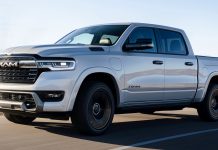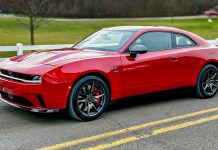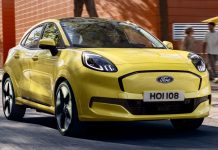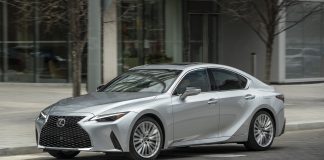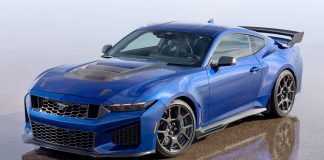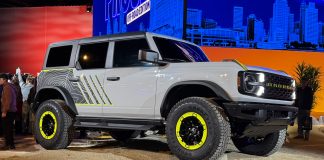In a significant move to attract mainstream consumers to electric vehicles (EVs), Stellantis CEO Carlos Tavares announced that a $25,000 Jeep® battery-electric vehicle (BEV) will be available in the U.S. “very soon.” This announcement was made during a Bernstein investor conference, highlighting the company’s strategy to make EVs more accessible amid slower-than-expected EV adoption rates.
Tavares emphasized the importance of affordability in the EV market, stating, “If you ask me what is an affordable BEV, I would say €20,000 in Europe and $25,000 in the U.S.” He assured investors, “So our job is to bring the safe, clean, and affordable BEV to the U.S., $25,000. We’ll do it.”
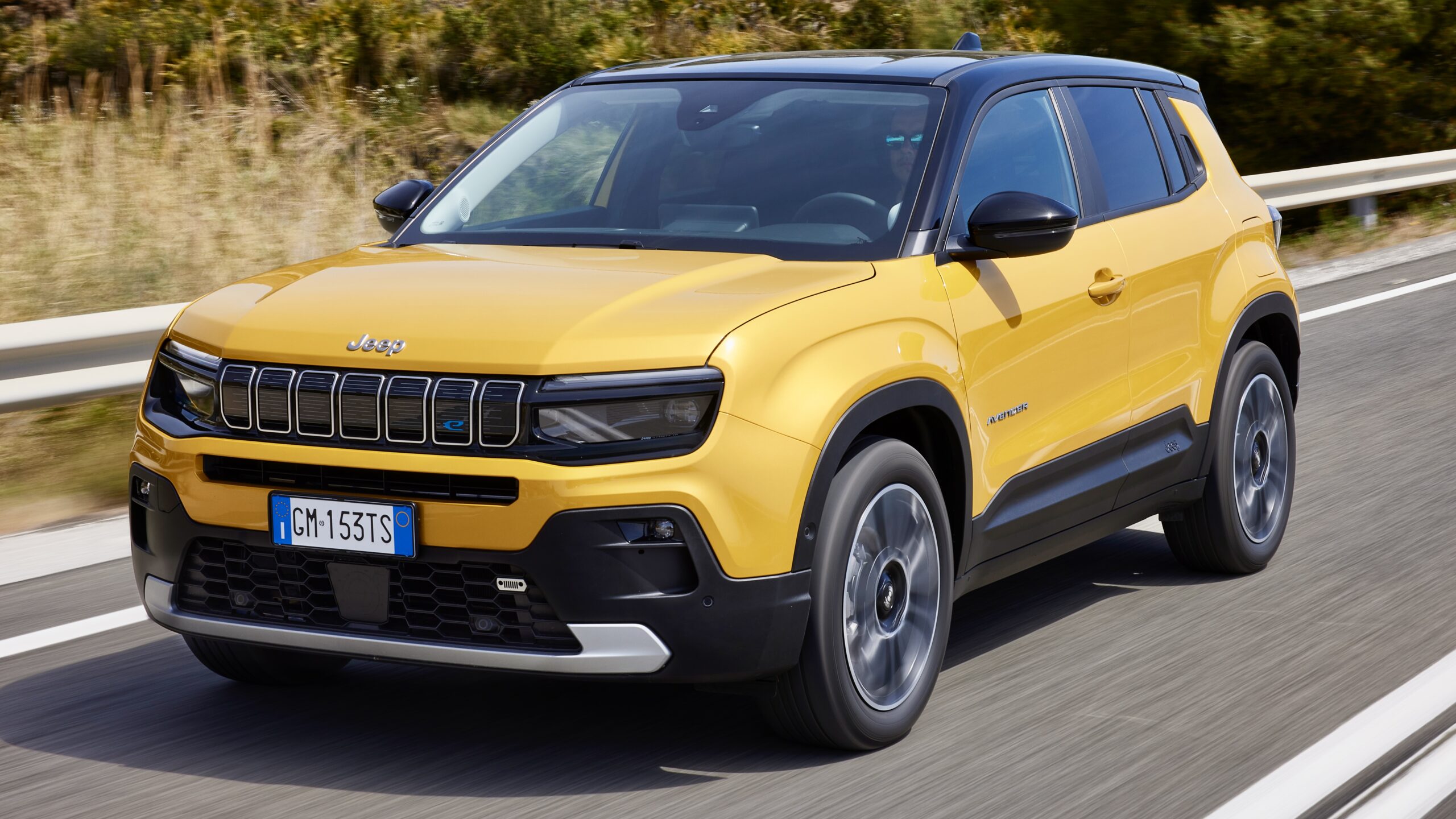
Stellantis, which currently offers the all-electric Jeep® Avenger (JJ) in Europe for about €35,000 (or about $37,800), has yet to introduce a similar model in the U.S. With its subcompact size and European market focus, the Avenger is not sold in America, where larger SUVs and plug-in hybrids (PHEVs) are more popular. The upcoming $25,000 Jeep® aims to bridge this gap and cater to the American market’s preferences.
Tavares parallels Stellantis’ success with the Citroën ë-C3, a low-cost electric crossover sold in Europe starting at €23,300 (about $25,200). “In the same way we brought the €20,000 Citroën ë-C3, you will have a $25,000 Jeep very soon,” he said. He highlighted Stellantis’ global engineering expertise, enabling the company to leverage innovations and cost efficiencies across different markets.
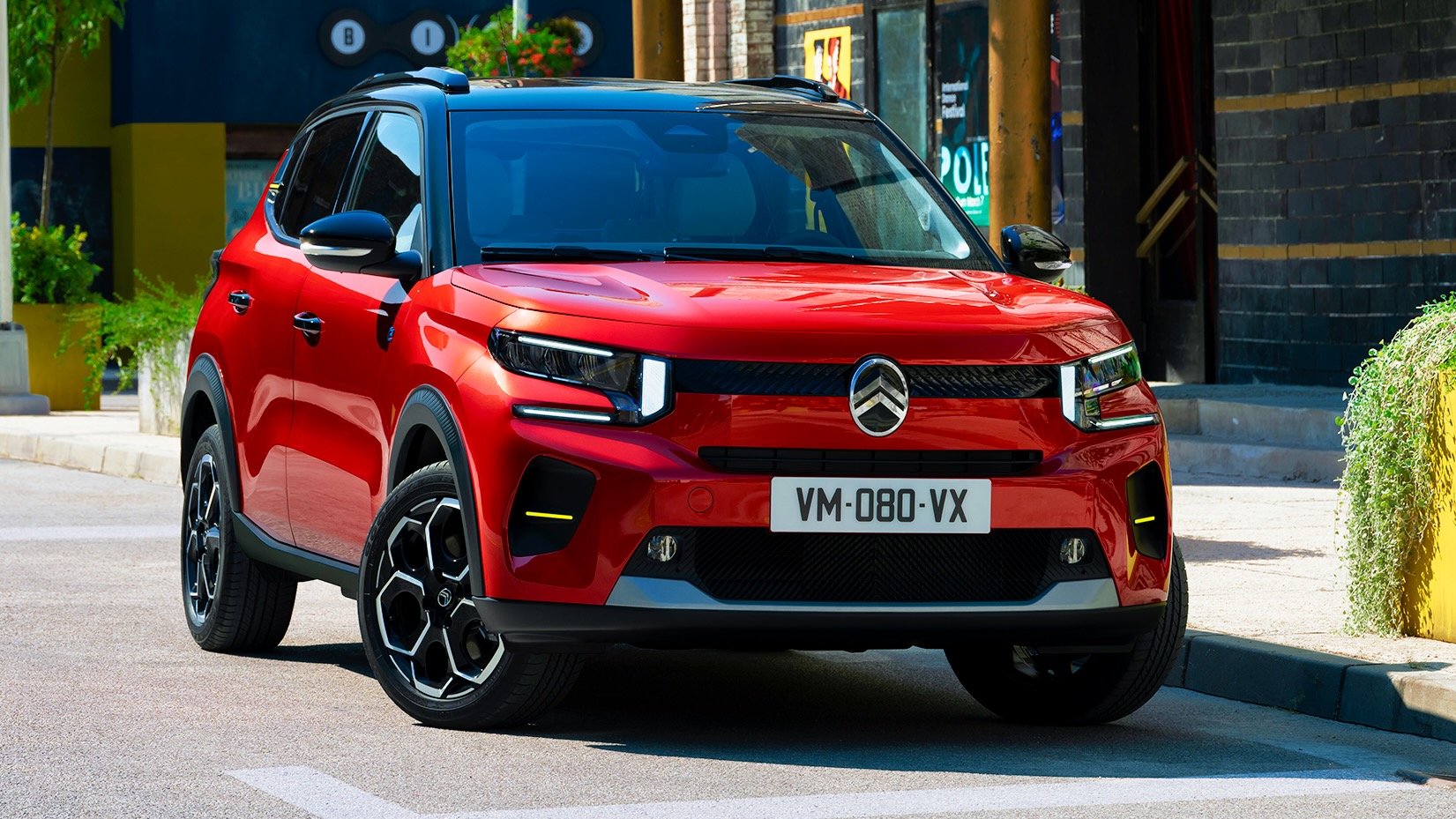
The introduction of a $25,000 electric Jeep® comes at a crucial time as Chinese automakers like BYD and Nio expand their sales of affordable EVs outside China. Tavares acknowledged the competitive landscape, noting the “growing ‘China invasion’ of affordable EVs,” and stressed the need for cost parity between all-electric vehicles and traditional internal combustion engine vehicles within the next three years.
Addressing the broader industry context, Tavares described the current period as “very challenging, very chaotic, very Darwinian,” referring to the competitive pressures and rapid changes within the automotive sector. He also touched on the geopolitical tensions and the impact of tariffs, such as the Biden administration’s recent 100% tariff on Chinese-made EVs. While these measures may delay the entry of Chinese EVs into the U.S. market, Tavares warned they are not a long-term solution. “Putting you behind a protectionist bubble is not going to help you to be competitive,” he said. “It will buy you time, but certainly it will cut your future.”

Jeep will introduce its first BEV vehicle for the U.S. market with the debut of the all-new Wagoneer S (KX), a two-row SUV produced in Mexico at the company’s Toluca Assembly Plant. Additionally, an off-road-oriented four-door SUV, the Recon, is expected to start production in the fourth quarter of this year.
With a major pushback against BEVs in the U.S. at the moment, we are curious to see who might buy one of these $25,000 Jeep vehicles.
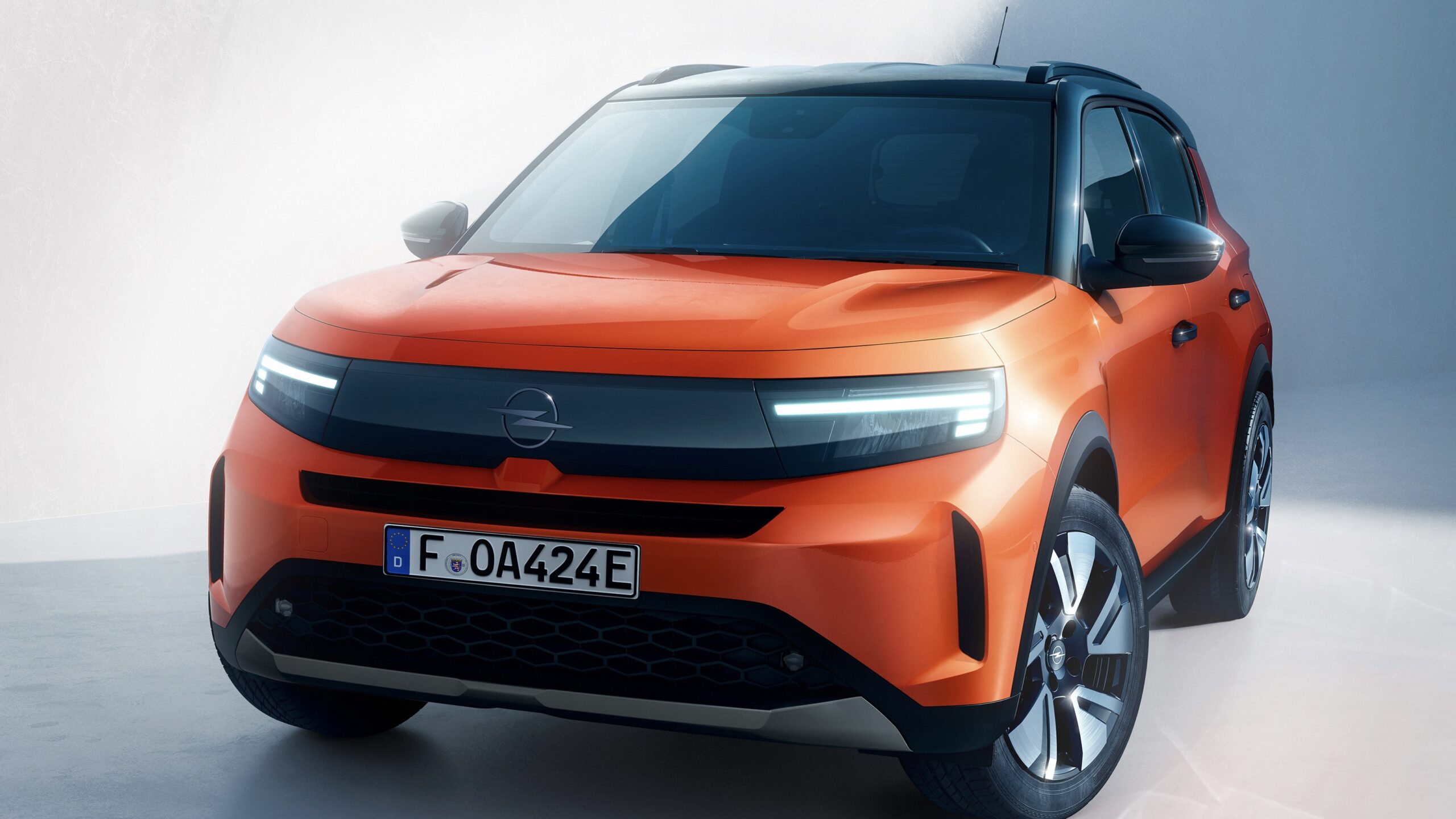
The ë-C3 is based on the eCMP architecture. According to Stellantis, the architecture will underpin seven models in the future. One of these vehicles includes the Opel Frontera, a vehicle we discussed recently. This vehicle could show a preview of what could be a replacement for the Jeep Renegade, which exited the market in December.
The ë-C3 is equipped with a 44 kWh lithium ferro phosphate (LFP) battery, providing an electric range of 199 miles (320 km). It features an 83 kW (111 horsepower) electric motor driving the front wheels, enabling the ë-C3 to accelerate from 0–100 km/h (0–62 mph) in about 11 seconds. While this performance might appeal to some due to its affordability, we believe it may not meet the expectations of American drivers.
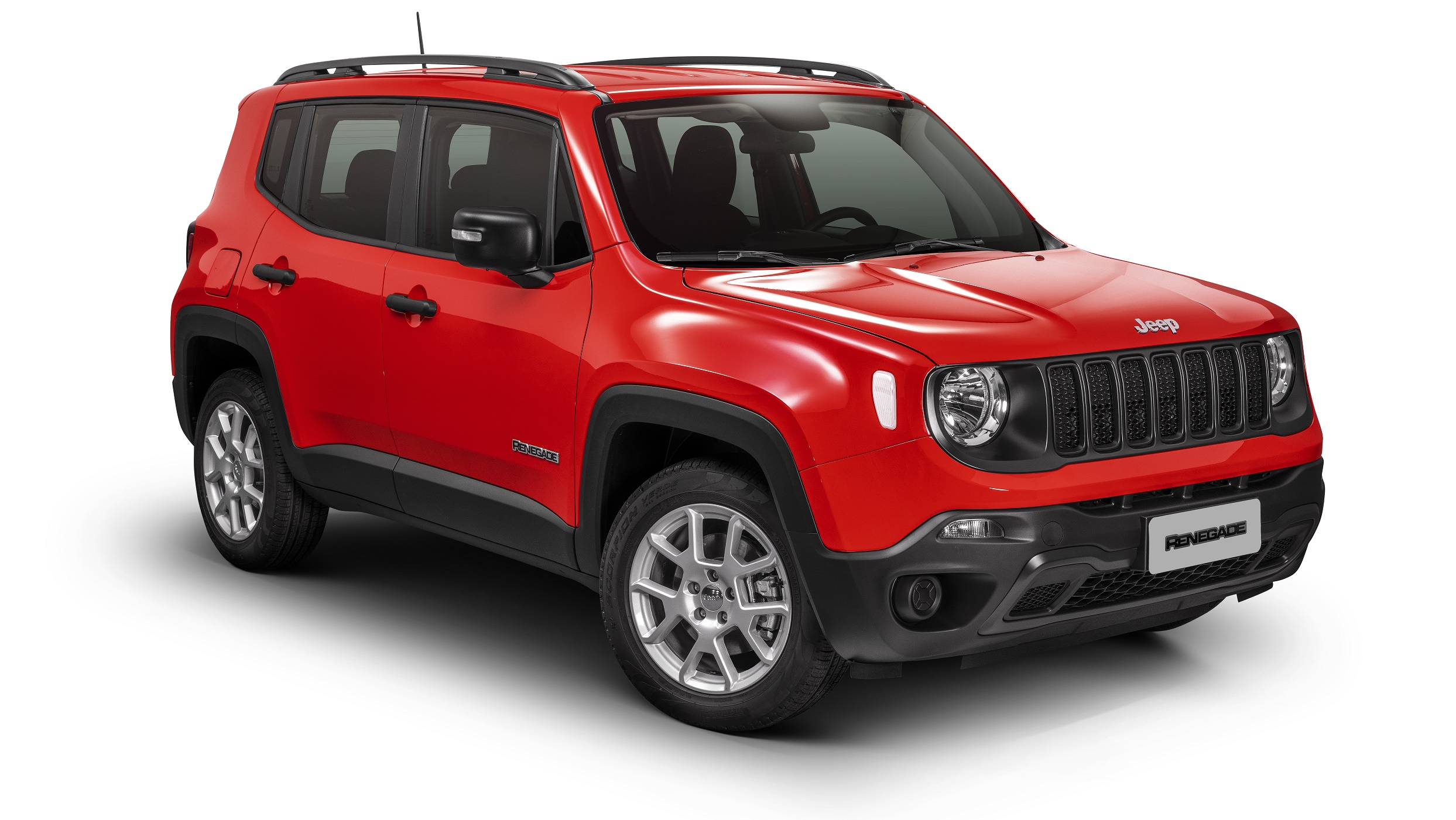
For comparison, the 2022 Jeep Renegade Sport (BU), which initially offered front-wheel drive (FWD) before switching to standard four-wheel drive (4×4), featured a turbocharged 1.3-liter GSE-T4 inline-four-cylinder engine paired with a 9-speed automatic transmission. This engine produced 177 horsepower and 210 lb.-ft. of torque, delivering a combined fuel economy rating of 27 MPG and a range of 343 miles with its 12.7-gallon fuel tank. The starting MSRP of the 2022 Renegade Sport was $24,695.
Given these specifications, it’s uncertain if a $25,000 Jeep BEV with lower performance metrics will be well-received in the U.S. market. Therefore, seeing what Jeep has planned for this new subcompact model will be interesting.


